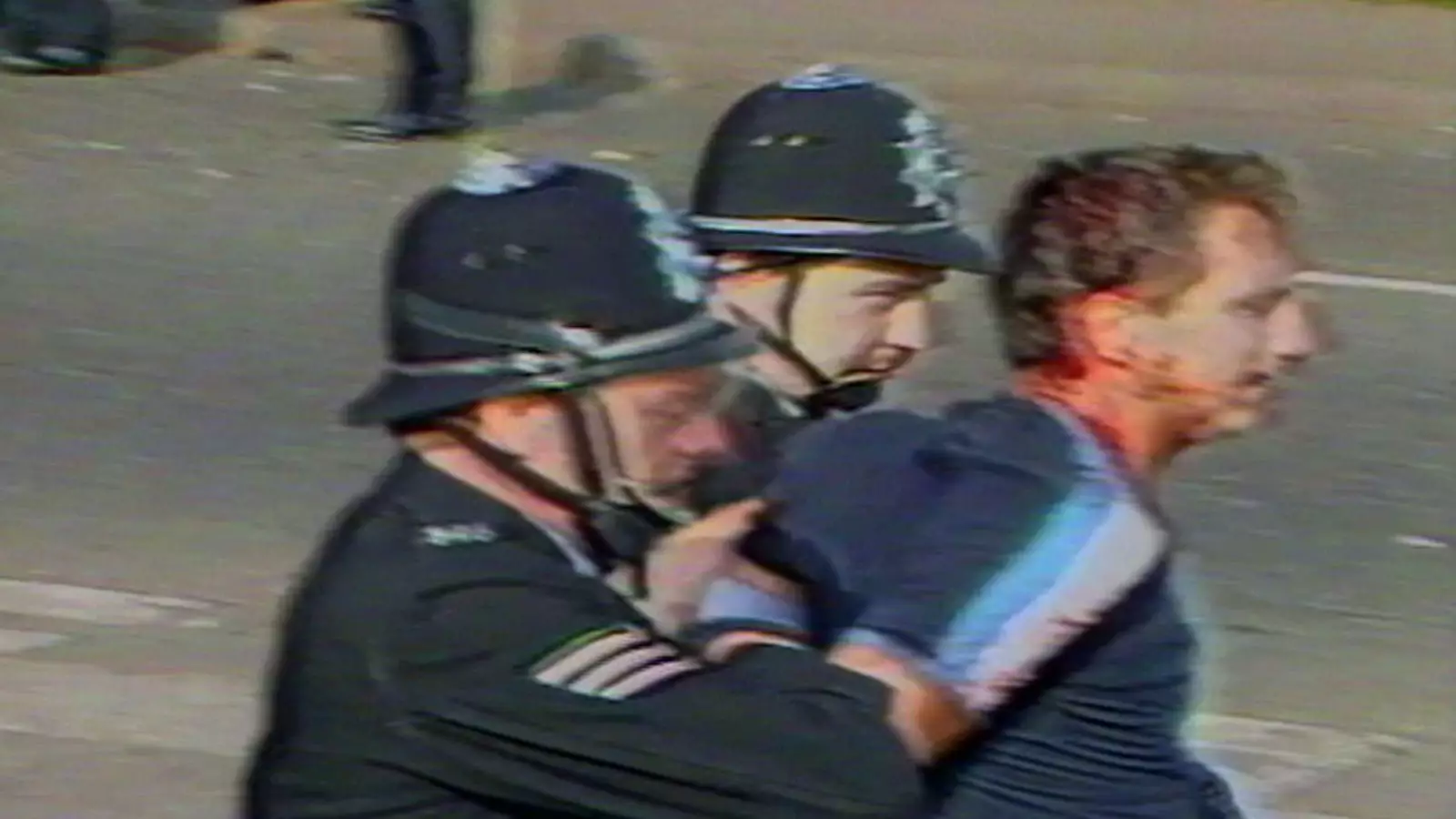The infamous clash at Orgreave in 1984 encapsulates much more than a violent confrontation between police and miners; it is a symbol of how institutional power often silences dissent and erases uncomfortable truths. For decades, the official narrative has depicted the miners as aggressors and the police as maintainers of order, yet mounting evidence and survivor testimonies suggest a different story—one marred by brutality, misconduct, and deliberate misinformation. The government’s initial reluctance to investigate the event deeply reflects a broader tendency to protect institutions rather than seek justice. The impending public inquiry is long overdue, yet it must be scrutinized not only as a step toward uncovering facts but as a challenge to systemic ingrained injustice.
The Politics of Silence: Why It Took So Long
The delay in establishing an inquiry into Orgreave can’t simply be dismissed as bureaucratic inertia; it epitomizes a political reluctance to confront uncomfortable truths. The Thatcher era, during which the clash occurred, was characterized by a brutal campaign against organized labor and a government eager to crush union power. As a result, the narrative was crafted—miners were vilified, and police actions sanitised. It wasn’t until decades later, with changing political winds and increasing awareness of police misconduct, that push for justice finally gained traction. This long delay reveals the refusal of previous administrations to take responsibility or even acknowledge the extent of violence and possible collusion between authorities and corporate interests.
Accountability or Cover-Up? The Missing Pieces in the Puzzle
The process of unraveling truth at Orgreave exposes uncomfortable questions about accountability. Police evidence was deemed unreliable, leading to abandoned trials and leaving many miners scarred physically and psychologically, with little closure. Official documents remain under embargo, perhaps deliberately hidden to prevent full judicial oversight. The fact that thousands of pages are still inaccessible fuels suspicions of a cover-up. For a society that claims to prize justice, such opacity signifies a failure—a betrayal of the fundamental principle that truth must be accessible, especially when state actions have inflicted lasting harm. The upcoming inquiry, with witnesses compelled to testify, offers hope but also the necessity for rigorous scrutiny of what has been concealed.
The Cost of Silence: Human Toll and Broken Trust
Survivors like Carl Parkinson and Chris Skidmore reflect a bittersweet reality: years of waiting to see justice unfold. Their stories depict not only the physical injuries inflicted that day but also a deep-seated sense of betrayal by those sworn to protect them. The police’s apparent readiness to obscure their actions, indicated by a lack of identification and orchestrated assaults, raises serious questions about the integrity of law enforcement during that period. Despite the police’s compensation payments—over £400,000—such measures can only mend the surface. True justice requires acknowledgment of systemic abuse and institutional reform. Encouragingly, the current government’s commitment signals a shift, yet it must be backed by transparency and genuine accountability.
The Broader Implications: Justice for the Working Class
This inquiry transcends the specifics of Orgreave; it embodies the struggle for truth faced by marginalized communities historically pushed to the margins of political discourse. When state institutions distort facts or conceal evidence, they threaten the very legitimacy of democratic oversight. The miners’ fight for justice is emblematic of larger societal issues—how power operates to suppress dissent, protect vested interests, and escape scrutiny. If the inquiry can expose the truth and lead to meaningful reforms, it might serve as a powerful reminder that justice, especially for those who dare to challenge authority, should never be delayed or denied. As a society, we must confront this history honestly, owning the failures of the past to prevent their repetition in the future.


Leave a Reply